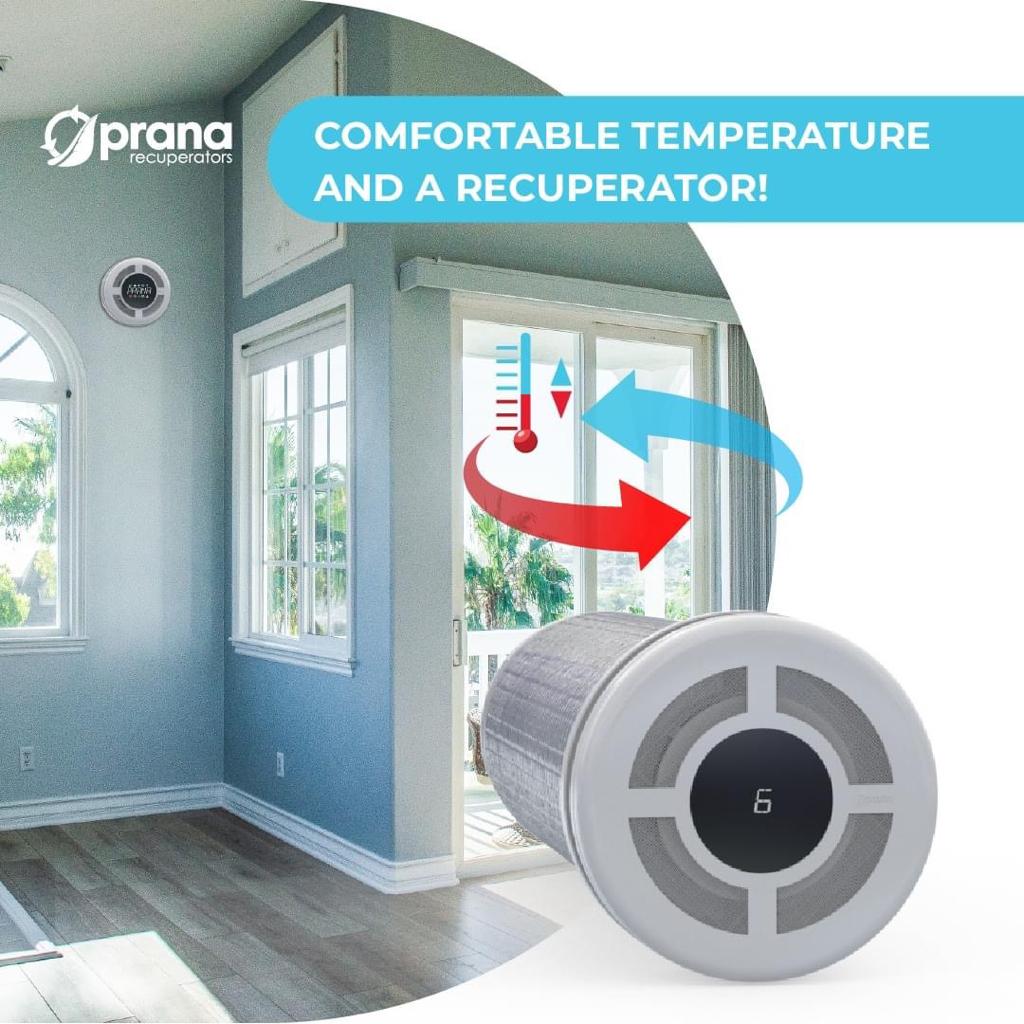The Role of Home Ventilation in Stopping Mold And Mildew and Indoor Allergens
Home ventilation is a vital part in keeping a healthy indoor atmosphere. It regulates moisture degrees, which can prevent the growth of mold and mildew and the build-up of irritants. Several house owners neglect the relevance of appropriate air flow, commonly resulting in unseen concerns. Recognizing exactly how ventilation systems feature and their impact on air high quality can be the key to a much healthier living room. What steps can be taken to enhance these systems effectively?
Comprehending Home Air Flow Systems
While many homeowners may ignore the importance of ventilation, recognizing home air flow systems is important for preserving indoor air high quality and protecting against mold and mildew development - Home Ventilation Melbourne. These systems assist in the exchange of stagnant indoor air with fresh exterior air, effectively decreasing contaminants and wetness levels. Common types consist of all-natural air flow, which depends on wind and temperature differences, and mechanical ventilation, which uses followers and air ducts to regulate airflow. In addition, well balanced ventilation systems incorporate both techniques to maximize air high quality. Properly designed and maintained air flow systems can assist manage temperature and humidity, making sure a comfortable living atmosphere. Homeowners ought to consider elements like home occupancy, layout, and environment when picking a ventilation system to finest match their demands and enhance general air high quality
The Effect of Moisture on Mold And Mildew Development
Moisture plays an important duty in mold development, making it an essential aspect for house owners to keep an eye on. Mold prospers in settings where humidity degrees go beyond 60%, as these conditions provide the moisture needed for spores to multiply and germinate. High humidity can arise from various sources, consisting of bad air flow, water leaks, and food preparation or bathing activities. When humidity degrees continue to be elevated, mold can establish swiftly on organic products such as drywall, fabric, and wood. Homeowners must utilize dehumidifiers and guarantee appropriate air flow in locations susceptible to wetness, such as basements and bathrooms. Maintaining indoor humidity in between 30% and 50% can significantly minimize the danger of mold growth, contributing to a much healthier living environment.
Recognizing Usual Indoor Allergens
Interior environments can nurture a range of allergens that affect health and wellness and convenience. Typical indoor irritants include allergen, family pet dander, mold and mildew spores, and pollen. Dirt mites grow in bed linen, carpets, and furniture, feeding on organic product and contributing to breathing issues. Pet dander, made up of tiny flakes from skin and hair, can activate allergies in sensitive individuals. Mold and mildew spores, often existing in damp locations, can affect and multiply air top quality. Furthermore, pollen can infiltrate homes via open windows or on clothes. Determining these irritants is crucial for maintaining a healthy and balanced interior atmosphere. Awareness of their existence allows property owners to take proactive procedures to minimize exposure and enhance total indoor air quality.
Benefits of Proper Air Flow
Proper air flow is vital for preserving a healthy and balanced indoor atmosphere, as it helps to regulate air high quality and reduce the buildup of contaminants. Adequate air flow promotes the exchange of exterior and interior air, consequently diluting damaging materials such as unpredictable natural substances, allergens, and dust. This procedure not just enhances convenience but additionally contributes to the general wellness of residents by lessening breathing problems (Home Ventilation Melbourne). Additionally, correct air flow properly regulates Home Ventilation Melbourne moisture degrees, lowering the likelihood of mold growth and fostering a drier environment for health. Furthermore, it can enhance energy effectiveness by making sure that cooling and heating systems run much more properly, causing lower energy expenses. Overall, correct air flow is a crucial component in promoting a healthy and risk-free space

Tips for Improving Home Air Flow
Several home owners may ignore it, enhancing home air flow is vital for improving air top quality and protecting against mold and mildew development. One reliable strategy is to routinely open windows to advertise cross-ventilation, enabling fresh air to flow. Mounting exhaust followers in bathroom and kitchens can effectively eliminate moisture-laden air, decreasing humidity levels. Homeowners must likewise consider utilizing air cleansers with HEPA filters to catch toxins and irritants. Regularly maintaining HVAC systems, consisting of altering filters, guarantees come to a head airflow and effectiveness. Sealing leakages around doors and home windows can avoid outdoors air from going into, which helps preserve a consistent indoor environment. Lastly, including houseplants can naturally enhance air top quality while including aesthetic value to the home.
Regularly Asked Inquiries
How Often Should I Tidy My Home Ventilation System?
Figuring out just how often to clean up a home ventilation system relies on numerous elements, including use and ecological conditions. Home Ventilation Melbourne. Generally, experts advise an extensive cleansing every three to 5 years to keep suitable air movement and performance
Can Plants Help In Reducing Indoor Allergens?
Research indicates that specific indoor plants might help decrease allergens by improving air high quality and enhancing moisture. Nonetheless, their performance differs, and keeping a tidy atmosphere remains important for managing indoor allergens successfully.
What Kinds Of Air Filters Are Ideal for Mold And Mildew Avoidance?

Exist Specific Air Flow Needs for Basements?

How Do I Know if My Ventilation Is Working Efficiently?
To figure out reliable ventilation, one should monitor moisture levels, check air flow with vents, and observe indications of condensation or stagnant air. Normal assessments can suggest whether the system properly distributes and exchanges interior air.
Recognizing just how air flow systems function and their impact on air high quality could be the trick to a healthier living area. While lots of home owners might ignore the value of ventilation, understanding home ventilation systems is important for preserving interior air quality and avoiding mold and mildew growth. Common kinds include natural ventilation, which relies on wind and temperature level differences, and mechanical ventilation, which utilizes followers and air ducts to regulate airflow. Proper ventilation is important for keeping a healthy and balanced interior setting, as it assists to manage air high quality and reduce the buildup of contaminants. Many homeowners may overlook it, improving home ventilation is important for boosting air high quality and avoiding mold and mildew development.